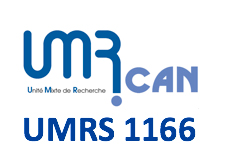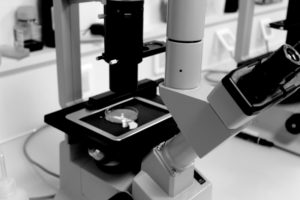Wilfried Le Goff
PhD, DR, Inserm, Team 4 leader - Delegate Vice-Dean Research - School of Medicine - Sorbonne University
Wilfried Le Goff (WLG) is the head of the SLIM research team at the Institute of CArdiovascular diseases, metabolism and Nutrition (UMRS_1166 ICAN) of the National Institute of Health and Medical Research (INSERM) located at the Medical School of Sorbonne Université (Pitié-Salpêtrière hospital) in the heart of Paris.
Dr Le Goff was awarded a PhD in Molecular and Cellular Biology at the Pierre and Marie Curie University (UPMC) in Paris, France (2002). He completed a Postdoctoral program at the Cleveland Clinic in Cleveland, USA (2003-2005) and was accredited to supervise research (HDR) in 2015. WLG is a member of the Research Committee of Sorbonne Université and of the Scientific Council of the Doctoral School “Physiology, Physiopathology and Therapeutic” (ED394, Sorbonne Université).
Research Interests
Interaction networks governing metabolic activation of macrophages in cardiometabolic diseases.
Research Description
Macrophages play a central role in the chronic lipid-inflammatory dimension of cardiometabolic diseases (CMD). Alteration of lipid metabolism in those disorders allows macrophages to engulf excess of cellular material and to handle large amounts of lipids. Interestingly, the fate of such lipids within macrophages is a key sensor in the metabolic activation of those cells. Indeed, in response to a lipid-stress, tissue macrophages trigger an adaptive program to resolve the local inflammation and restore lipid homeostasis in the tissue altered. This phenomenon is classically observed in the arterial wall, in adipose tissue and in the liver upon an exacerbated accumulation of lipids in those tissues/organs. Our current research programs aim to decrypt the adaptive program triggered by macrophage in response to a (diet-induced) lipid stress. To achieve this goal, Omic approaches (lipidomic, metabolomic and transcriptomic) are combined in order to uncover interaction networks in macrophages in CMD, to identify circulating biomarkers signing the tissue specific metabolic activation of macrophages and to propose potential new therapeutic targets. Our studies are based on integrated in vitro and in vivo approaches combining molecular and cellular biology investigations, studies in mouse models and translation in CMD patients.






